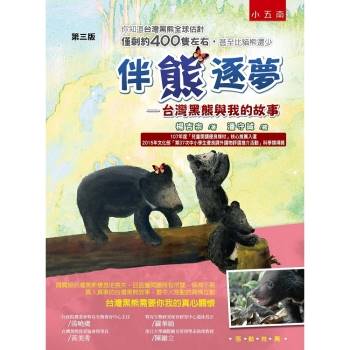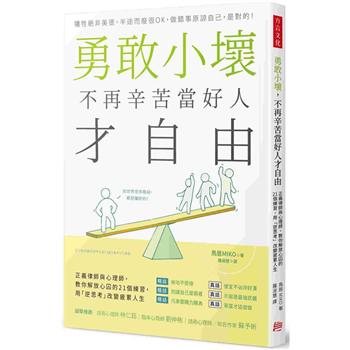This book reassesses the reign of Said bin Taymur, who was deposed by his son, Qabus bin Said, in a coup in July 1970. Contemporary historiography of the period of Said’s rule (1932-1970) views Oman as medieval and isolationist; Qabus’ later government is seen as progressive and enlightened, with his ascendancy to the throne often described as the ’rebirth of Oman’ from its ’medieval slumber’ into a thriving and prosperous Sultanate. This study refutes the prevailing view that Said’s four-decade reign should be perceived as a place where time stood still. The author offers a critical look at the economic, political, social and cultural aspects of Oman during the reign of Said bin Taymur. The book mainly focuses on tribe-state relations, emphasizing their dynamic interaction, with particular attention paid to the relationships between the tribal groups. Uzi Rabi’s book reinterprets a significant timescale in the modern history of the Arabian Peninsula and pre-oil societies, and will be essential reading for both students and scholars of Middle Eastern history, culture and society.
| FindBook |
有 1 項符合
The Emergence of States in a Tribal Society: Oman Under Sa‘id Bin Taymur, 1932-1970的圖書 |
 |
The Emergence of States in a Tribal Society: Oman Under Sa‘id Bin Taymur, 1932-1970 作者:Rabi 出版社:Sussex Academic Press 出版日期:2011-02-25 語言:英文 規格:平裝 / 318頁 / 普通級 |
| 圖書館借閱 |
| 國家圖書館 | 全國圖書書目資訊網 | 國立公共資訊圖書館 | 電子書服務平台 | MetaCat 跨館整合查詢 |
| 臺北市立圖書館 | 新北市立圖書館 | 基隆市公共圖書館 | 桃園市立圖書館 | 新竹縣公共圖書館 |
| 苗栗縣立圖書館 | 臺中市立圖書館 | 彰化縣公共圖書館 | 南投縣文化局 | 雲林縣公共圖書館 |
| 嘉義縣圖書館 | 臺南市立圖書館 | 高雄市立圖書館 | 屏東縣公共圖書館 | 宜蘭縣公共圖書館 |
| 花蓮縣文化局 | 臺東縣文化處 |
|
|
圖書介紹 - 資料來源:博客來 評分:
圖書名稱:The Emergence of States in a Tribal Society: Oman Under Sa‘id Bin Taymur, 1932-1970
內容簡介
作者簡介
Prof. Uzi Rabi PhD (Tel Aviv University, 2000) is the Chair of the Department of Middle Eastern and African History, and the Director of the Moshe Dayan Center for Middle Eastern and African Studies, Tel Aviv University. He specializes in the fields of the modern history of states and societies in the Persian Gulf and the Arabian Peninsula; oil and politics in the Middle East; Iranian-Arab relations; and Sunni-Shi’i tensions.
|










![圖解 適齡教養 ADHD、亞斯伯格、自閉症[暢銷修訂版] 圖解 適齡教養 ADHD、亞斯伯格、自閉症[暢銷修訂版]](https://media.taaze.tw/showLargeImage.html?sc=14100126329)
